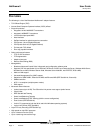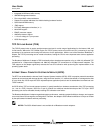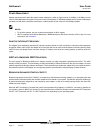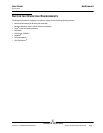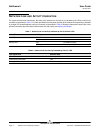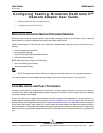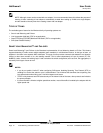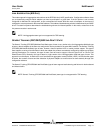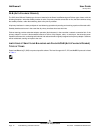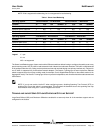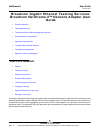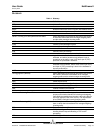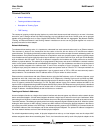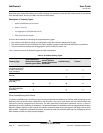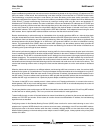
NetXtreme II User Guide
January 2010
Broadcom Corporation
Page 12 Load Balancing and Fault Tolerance Document ENGSRVT52-CDUM100-R
SLB (AUTO-FALLBACK DISABLE)
The SLB (Auto-Fallback Disable) type of team is identical to the Smart Load Balancing and Failover type of team, with the
following exception—when the standby member is active, if a primary member comes back on line, the team continues using
the standby member, rather than switching back to the primary member.
All primary interfaces in a team participate in load-balancing operations by sending and receiving a portion of the total traffic.
Standby interfaces take over in the event that all primary interfaces have lost their links.
Failover teaming provides redundant adapter operation (fault tolerance) in the event that a network connection fails. If the
primary adapter in a team is disconnected because of failure of the adapter, cable, or switch port, the secondary team
member becomes active, redirecting both inbound and outbound traffic originally assigned to the primary adapter. Sessions
will be maintained, causing no impact to the user.
LIMITATIONS OF SMART LOAD BALANCING AND FAILOVER/SLB (AUTO-FALLBACK DISABLE)
T
YPES OF TEAMS
Smart Load Balancing™ (SLB) is a protocol-specific scheme. The level of support for IP, IPX, and NetBEUI protocols is listed
in Table 1.



